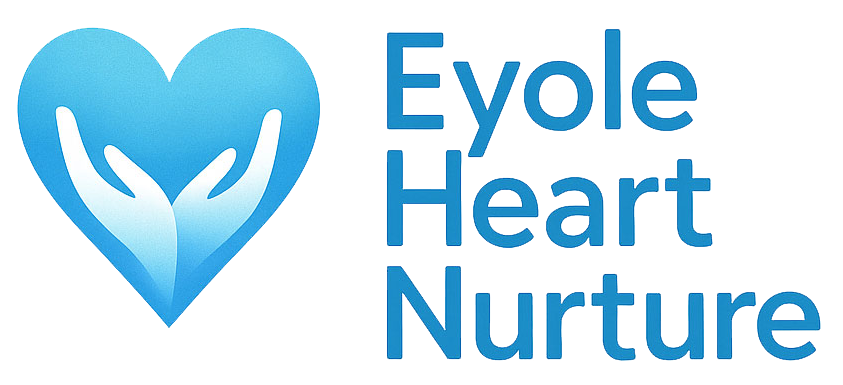Malignancy, commonly known as cancer, and heart health are closely intertwined through shared risk factors, biological processes, and the direct effects of cancer treatments. The link between these two major health concerns is increasingly recognized by medical professionals, making integrated care essential for patients facing either or both conditions.
How Malignancy Affects Heart Health
Cancer itself can increase the risk of cardiovascular disease. Survivors of cancer often experience higher rates of heart-related issues such as high blood pressure, unhealthy cholesterol, and even heart failure. This connection is partly due to the effects of cancer treatments like chemotherapy, radiation therapy, immunotherapy, and targeted drugs, which can damage the heart muscle or affect the cardiovascular system. For example, chemotherapy drugs like anthracyclines are known to cause cardiotoxicity, potentially leading to weakened heart muscle (cardiomyopathy) and heart failure.
What Does the Bible Say About Caring for the Heart?
“Above all else, guard your heart, for everything you do flows from it” (Proverbs 4:23). This ancient wisdom reminds us of the heart’s central role, not only physically but spiritually. When facing illnesses that threaten our heart and body, it is a call to vigilance, care, and trust in God’s healing.
In times of illness, the encouragement from Isaiah 40:31 offers hope: “But those who hope in the Lord will renew their strength. They will soar on wings like eagles; they will run and not grow weary, they will walk and not be faint.” This assures us that amid physical ailments like heart failure or cancer, spiritual strength is a divine source of renewal.
Take our free heart test at Eyole Heart Nurture and start your journey to a healthy heart today!
Frequently Asked Questions (FAQs)
Can malignancy cause heart failure?
Yes, certain cancers and their treatments can cause or worsen heart failure. Chemotherapy drugs and radiation therapy can damage the heart muscle, leading to cardiomyopathy and heart failure. Cancer survivors have a significantly higher risk of developing heart failure compared to the general population. ( American Cancer Society; Temple Health).
What is the most common malignancy of the heart?
Primary malignant tumors of the heart are rare. When cancer affects the heart, it is often due to metastasis from cancers like lung, breast, or melanoma. Secondary tumors (metastases) are more common than primary cardiac cancers. (MSD Manuals; Cleveland Clinic).
How does cancer affect the heart?
Cancer can impact the heart directly through tumors or indirectly through treatments that cause inflammation, damage to heart tissues, abnormal rhythms, or weakened pumping ability (cardiotoxicity).
What is malignant heart disease?
Malignant heart disease refers to cancers involving the heart, including primary tumors or metastatic cancers that invade heart tissues. It is different from heart disease caused by lifestyle or genetic factors. (Cleveland Clinic).
Which cancers affect the heart?
Cancers such as lung cancer, breast cancer, lymphoma, and melanoma are more likely to spread to or affect the heart. Treatments for these cancers may also cause heart complications.
What illnesses can cause heart failure?
Heart failure can result from conditions like coronary artery disease, high blood pressure, cardiomyopathy, diabetes, and also as a complication of cancer or its treatment. (Cleveland Clinic).
What are the symptoms of a malignant tumor in the heart?
Symptoms may include shortness of breath, chest pain, palpitations, fatigue, and swelling in the legs. Sometimes symptoms mimic those of other heart diseases and require imaging for diagnosis.
Can chemotherapy damage your heart?
Yes, some chemotherapy agents are cardiotoxic and can damage heart muscle cells, leading to heart failure, arrhythmias, or hypertension, per Mayo Clinic.





